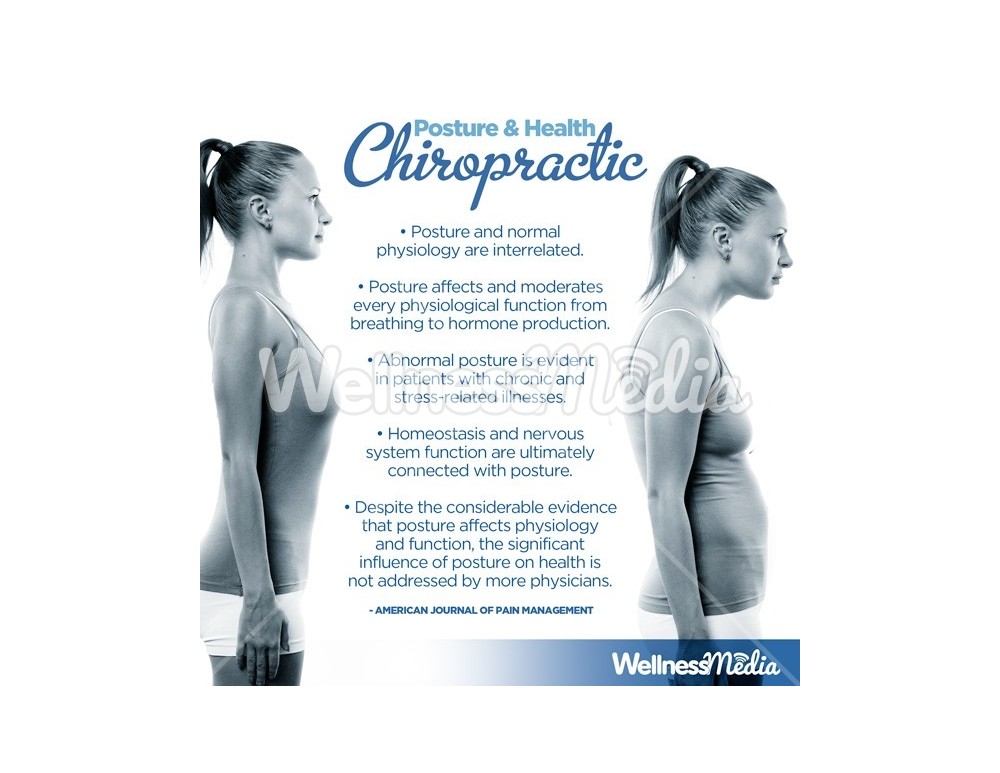Nutrition'S Impact On Back Pain Alleviation: Dietary Choices To Accept And Those To Stay Away From
Nutrition'S Impact On Back Pain Alleviation: Dietary Choices To Accept And Those To Stay Away From
Blog Article
Web Content Written By-Locklear Wiese
When it comes to handling your pain in the back, the food selections you make can dramatically influence just how you really feel daily. Envision having the ability to reduce your discomfort merely by changing what you consume. By recognizing the function of nutrition in pain in the back management and knowing which foods to incorporate or avoid, you can take positive actions towards a much healthier and a lot more comfortable lifestyle. The connection in between nourishment and back health and wellness is extra extensive than you might recognize-- let's check out how specific foods can either calm or intensify your pain in the back.
Importance of Nutrition in Back Pain
Nutrition plays a critical role in handling pain in the back. Your diet plan can substantially impact swelling levels and total pain levels in your back. Consuming a balanced diet regimen abundant in nutrients like vitamins D and K, calcium, magnesium, and omega-3 fats can help in reducing swelling and enhance bones, which are important for back health.
Furthermore, keeping a healthy weight with correct nourishment can alleviate anxiety on your spinal column, reducing the threat of neck and back pain.
Additionally, particular nutrients like anti-oxidants located in vegetables and fruits can assist combat oxidative stress and anxiety and advertise healing in the body, including the back muscular tissues and spinal column.
On the other hand, eating extreme amounts of refined foods, sugary beverages, and harmful fats can contribute to swelling and weight gain, worsening back pain.
Foods to Eat for Back Health And Wellness
To sustain a healthy and balanced back, incorporating nutrient-rich foods right into your day-to-day dishes is crucial. Consisting of foods high in anti-oxidants like berries, spinach, and kale can help in reducing swelling in your back, relieving pain and discomfort. Omega-3 fatty acids discovered in fatty fish such as salmon and mackerel have anti-inflammatory buildings that can profit your back health.
Additionally, eating why does my lower back hurt when i walk for too long and seeds like almonds, walnuts, and chia seeds gives vital nutrients like magnesium and vitamin E, which support muscle function and minimize oxidative stress and anxiety. Integrating lean proteins such as hen, turkey, and tofu can help in muscle mass repair and maintenance, advertising a solid back.
Don't neglect to consist of dairy products or strengthened plant-based options for calcium to sustain bone wellness. Finally, moisten with lots of water to keep your spinal discs moisturized and operating optimally. By including these nutrient-dense foods in your diet plan, you can nourish your back and assistance overall spine wellness.
Foods to Stay Clear Of for Pain In The Back
Go with preventing refined foods high in added sugars and trans fats when seeking relief from back pain. These kinds of foods can add to inflammation in the body, which may intensify pain in the back. Say no to sugary snacks like candy, breads, and sugary drinks, along with junk food products like hamburgers, french fries, and fried chicken that are commonly packed with trans fats.
Furthermore, stay away from foods including high degrees of refined carbohydrates, such as white bread, pasta, and pastries, as they can surge blood sugar level degrees and possibly get worse swelling in the body.
It's also a good idea to limit your intake of foods high in saturated fats, like red meat and full-fat milk items, as they can contribute to inflammation. Processed can a chiropractor help with tmj like delicatessens meats, chips, and packaged snacks are usually high in hydrogenated fats and must be eaten in small amounts.
Verdict
In conclusion, taking notice of your diet regimen and making clever food options can have a substantial impact on managing back pain. By including nutrient-rich foods like berries, fatty fish, nuts, and lean healthy proteins, and staying clear of processed and sweet items, you can help in reducing inflammation and support generally back health and wellness. Keep in mind, what you consume plays an important duty in exactly how you feel, so make sure to prioritize your nourishment for a healthier back.
